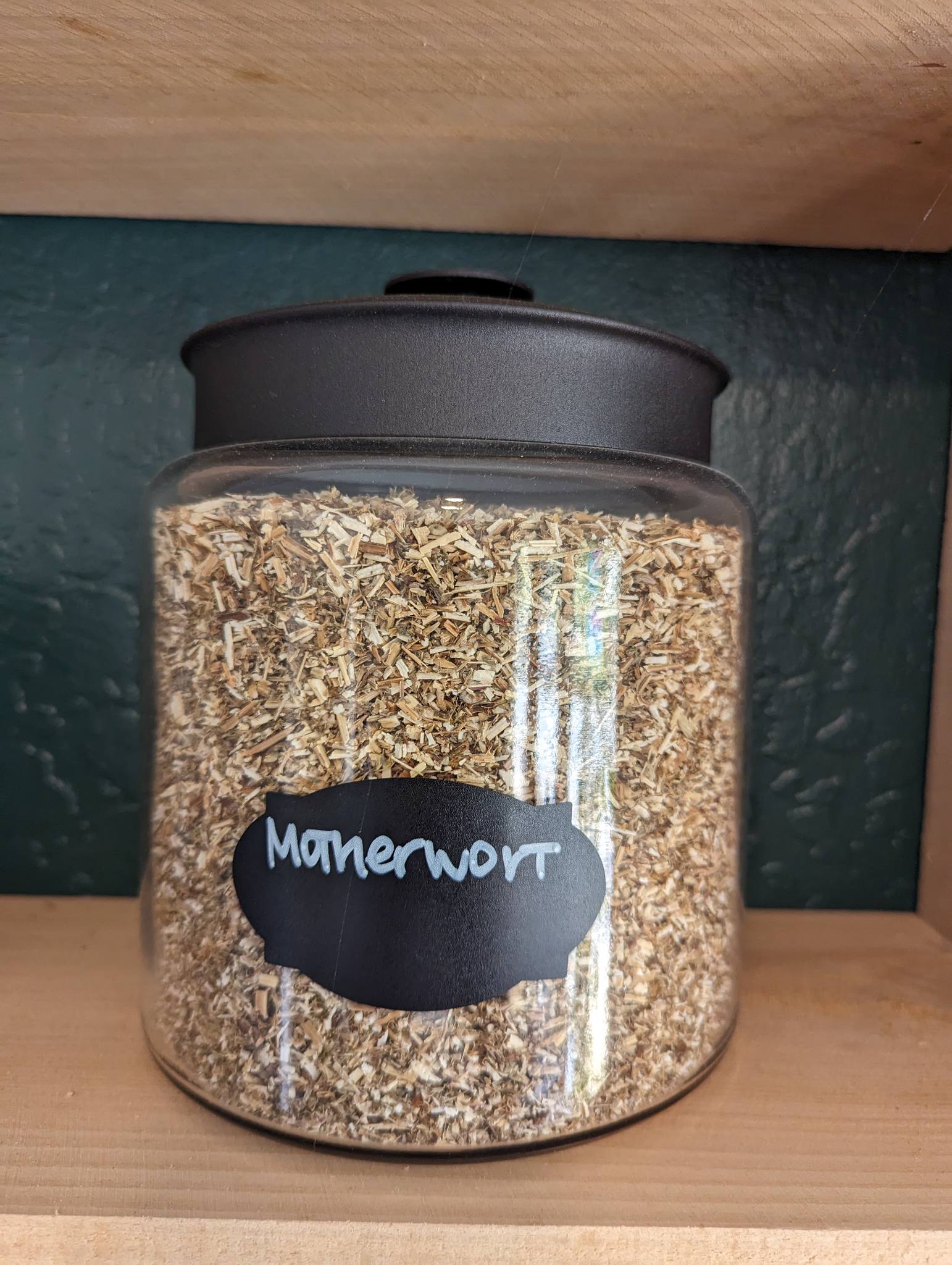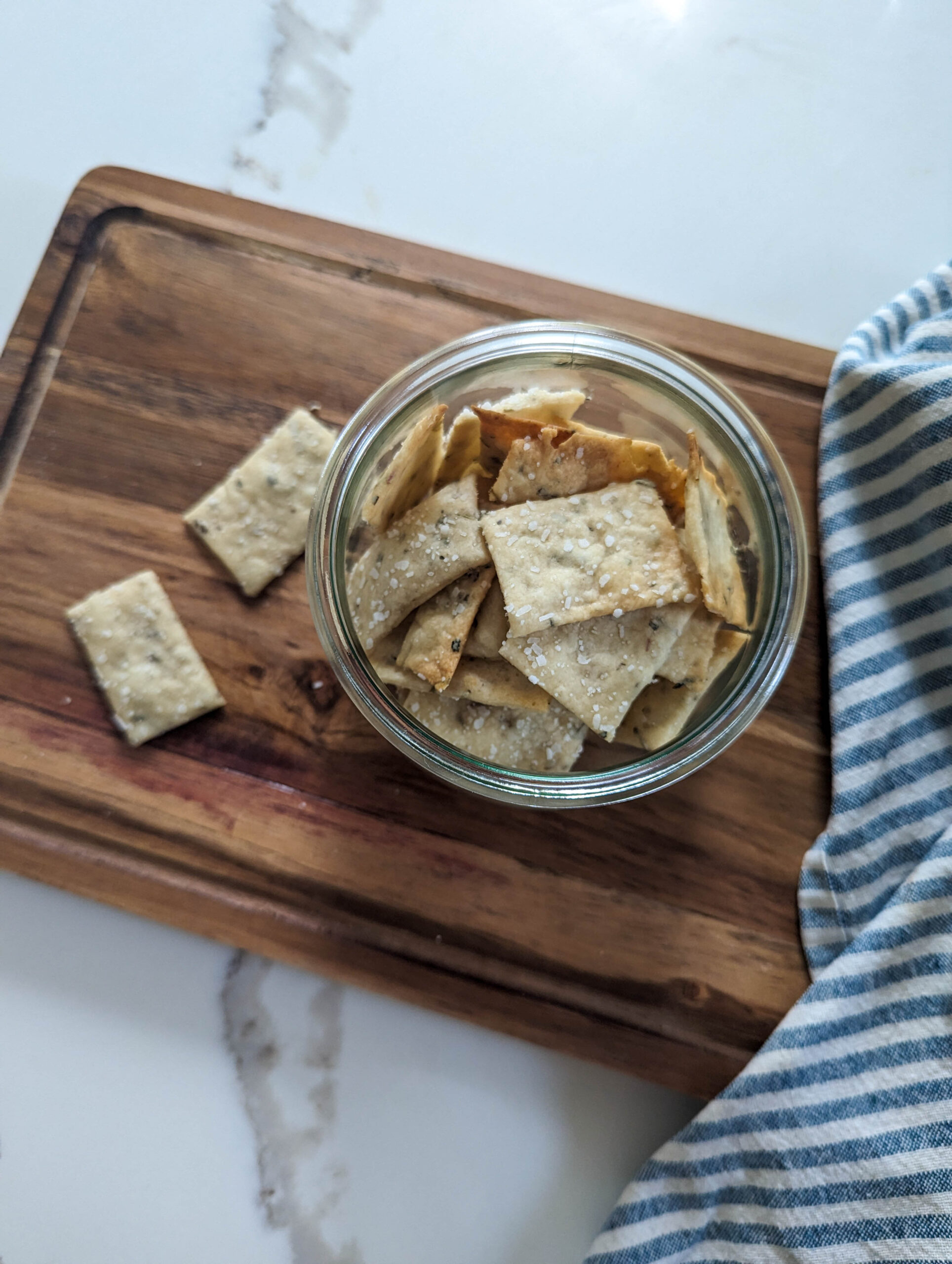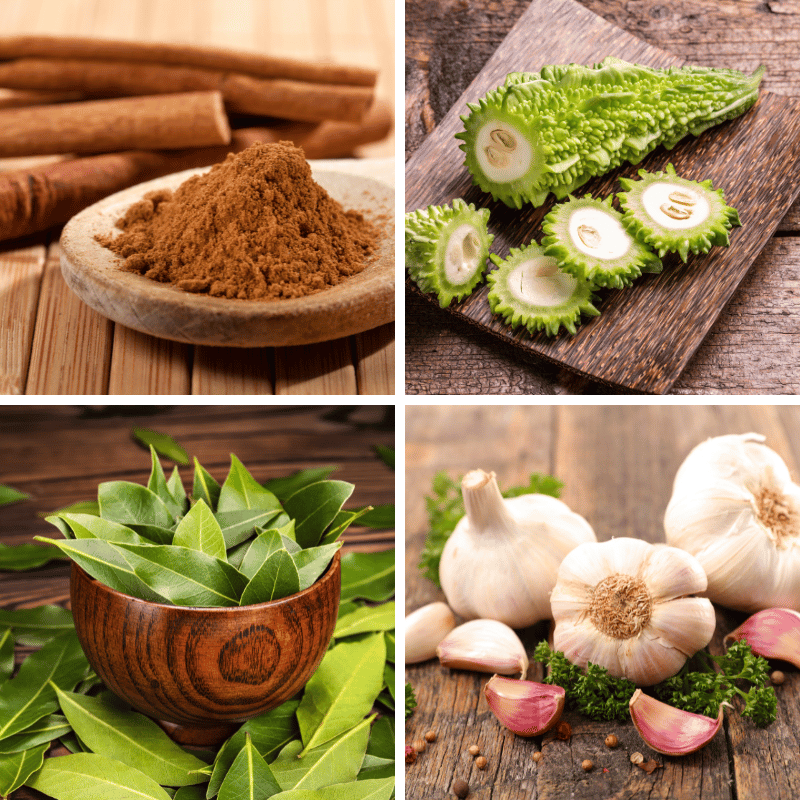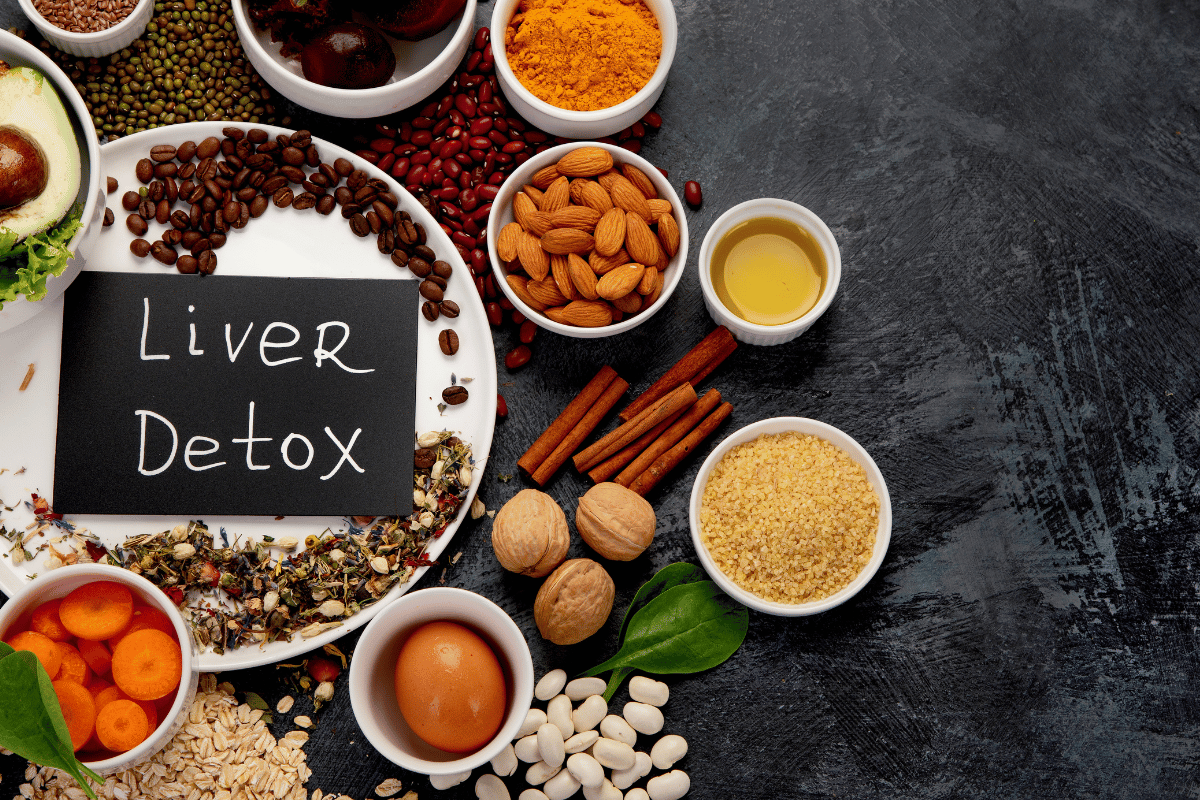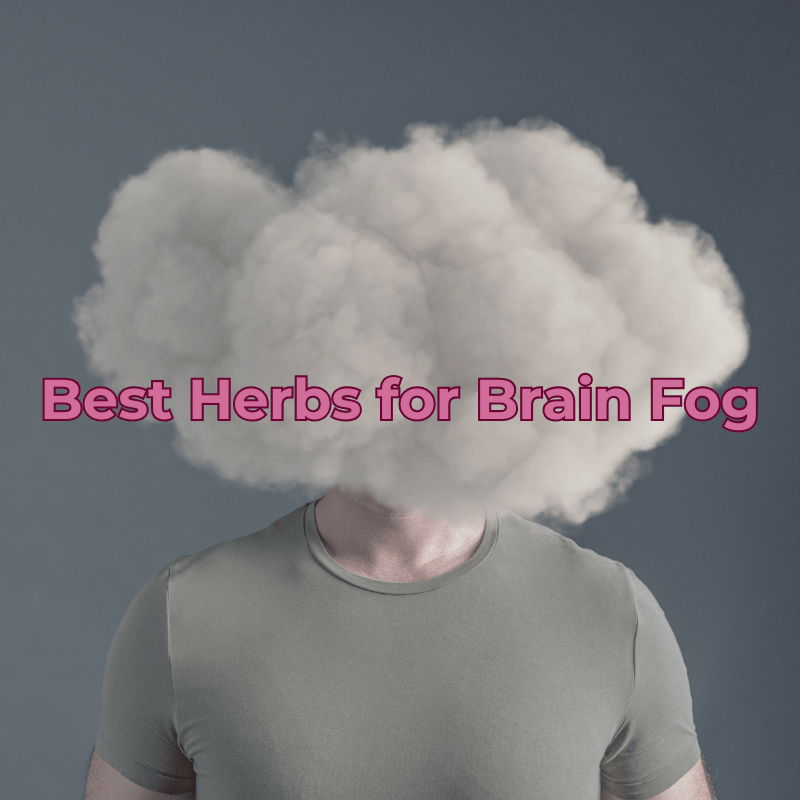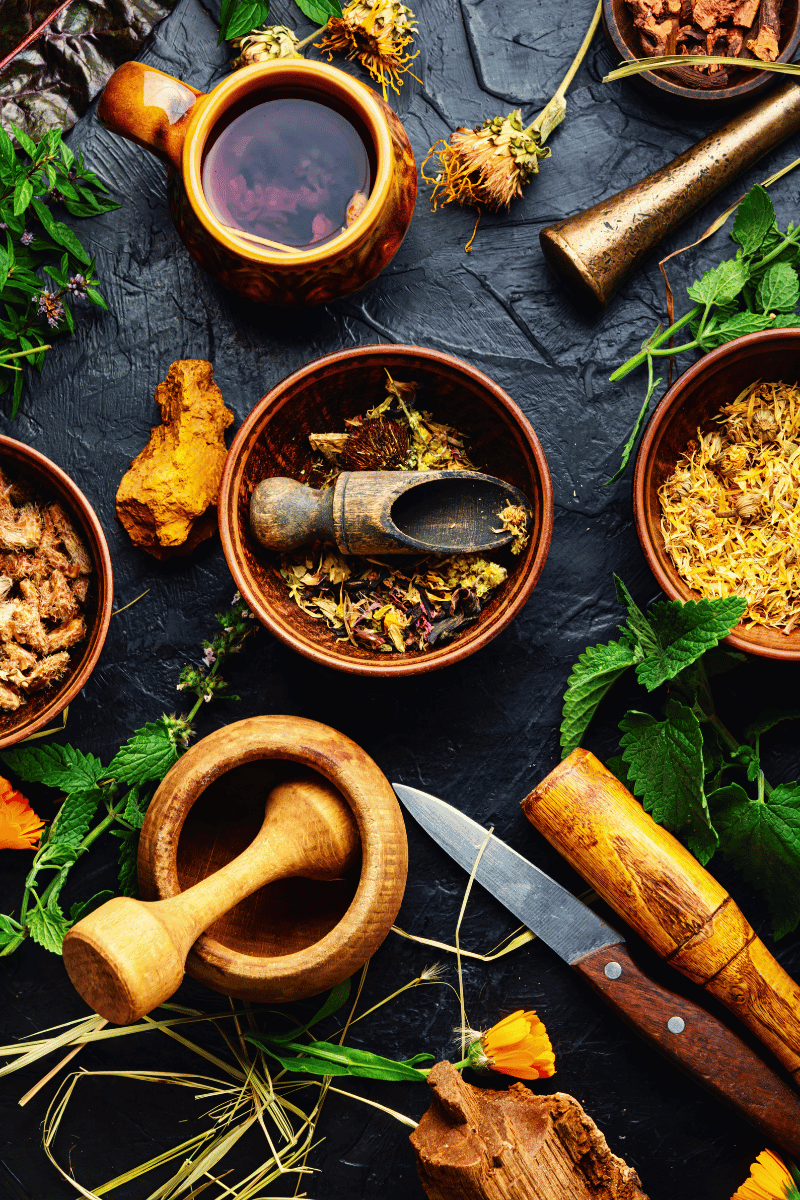Best Tea for Ear Infections: Remedies to Treat at Home
Finding the best tea for ear infections can be a game-changer when it comes to managing the discomfort and pain associated with these common health issues. Ear infections can present with a variety of symptoms, such as ear pain, sore throat, and a feeling of fullness in the affected ear. These infections can be caused by bacterial or viral agents or even an overgrowth of fungi. Middle ear infections, or otitis media, are especially common in young children.
In this blog post, I’ll explore how natural remedies, particularly herbal teas, can be effective in treating ear infections at home. Herbal teas often possess anti-inflammatory properties and can boost the immune system, aiding the body in fighting off infections. I’ll also discuss how essential oils and other natural treatments can complement these teas, offering a holistic approach to ear infection relief.
By incorporating these herbal teas into your home remedy toolkit, you can harness their soothing and healing properties to relieve symptoms and support overall ear health. Whether you’re managing acute ear infections or aiming to prevent recurrent issues, these natural options provide a gentle yet effective approach to enhancing your well-being.
Save for Later!
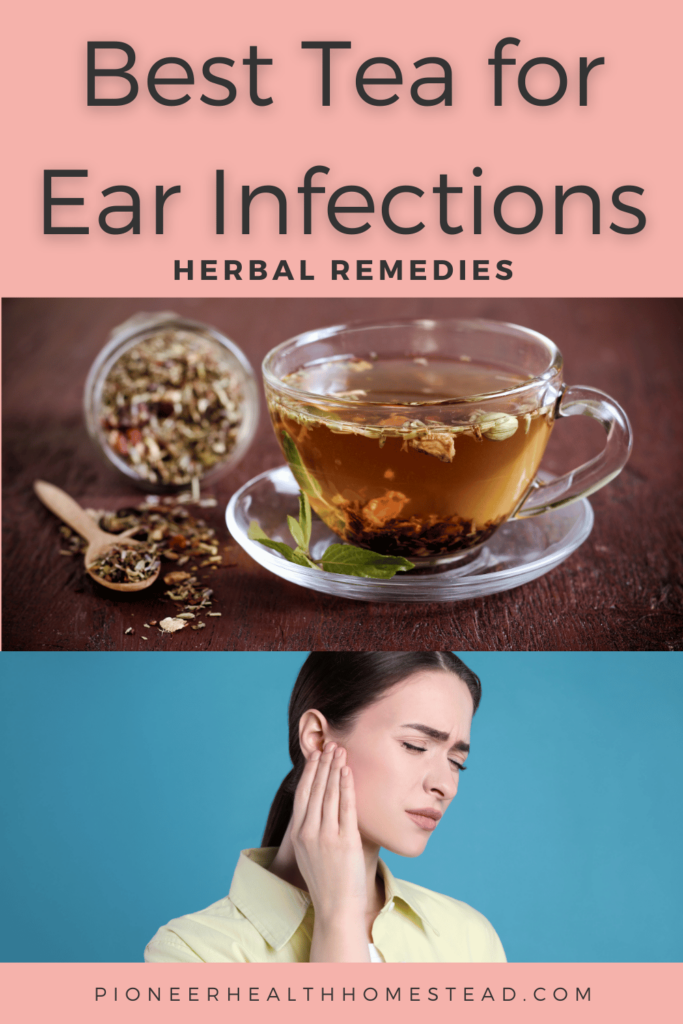
Understanding Ear Infections
Different Types of Ear Infections
Ear infections can be broadly categorized based on the part of the ear they affect. Otitis media, or middle ear infection, is the most common type, particularly in young children. This infection occurs behind the eardrum and can lead to fluid buildup and severe pain.
Another type is otitis externa, often known as “swimmer’s ear,” which affects the outer ear canal and is frequently caused by water remaining in the ear after swimming. Inner ear infections, though less common, can be quite serious, potentially affecting balance and hearing.

Symptoms of an Ear Infection
Recognizing the symptoms of an ear infection can help in seeking timely treatment. Severe pain in the ear is a primary indicator, often accompanied by fluid buildup that can cause a feeling of fullness. Loss of balance and issues with hearing aids are also common, as infections can interfere with the normal functioning of the ear. Additionally, symptoms like a sore throat and runny nose might be present, indicating a broader infection that includes the respiratory tract.
Risk Factors and Causes
Several risk factors and causes can contribute to the development of ear infections. Fluid drainage problems, often due to eustachian tube dysfunction, are a major factor. The eustachian tubes help regulate air pressure and drain fluids from the middle ear, and issues with these tubes can lead to infections. Excess earwax can also trap bacteria and fungi, increasing the risk of infection. Frequent ear infections may be linked to underlying health conditions or structural issues within the ear.
Swimmer’s ear, or otitis externa, is commonly caused by water trapped in the ear canal, creating a moist environment for bacteria and fungi to thrive. Allergic reactions and a runny nose can also contribute to ear infections by causing inflammation and fluid buildup.
Combining Teas with Other Remedies for Optimal Results
Avoid Sending Your Child Out into the Cold Too Soon
When your child is recovering from an ear infection, it’s crucial to ensure they are fully healed before exposing them to cold weather. Sending a child out into the cold too soon can exacerbate symptoms and hinder recovery. Cold air can cause the eustachian tubes to constrict, leading to fluid buildup and increased pain in the affected ear. Additionally, exposure to cold weather can weaken the immune system, making it harder for the body to fight off the infection. Therefore, it’s a good idea to keep your child warm and indoors until they are completely recovered.
Combining Herbal Teas with Other Natural Remedies
While herbal teas provide significant relief and support for ear infections, they are most effective when used in conjunction with other natural remedies. Here are a few complementary treatments that can enhance the healing process:
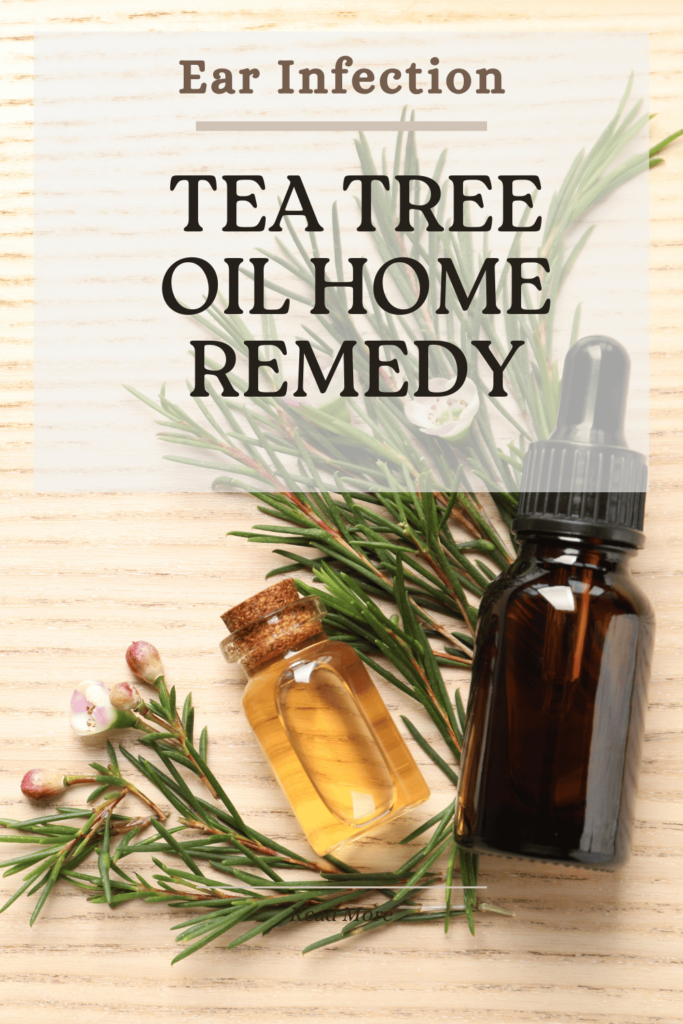
Tea Tree Oil
Tea tree oil is renowned for its antimicrobial and anti-inflammatory properties, making it an excellent addition to your treatment regimen. It can be used in a diluted form as ear drops to help fight the infection directly. Mixing a few drops of tea tree oil with a carrier oil, such as coconut oil, and applying it around the outer ear can provide relief and prevent further infection.
Garlic Mullein Oil
Garlic mullein oil combines the antimicrobial properties of garlic with the soothing effects of mullein. This powerful combination can be used as ear drops to treat infections. Garlic mullein oil helps reduce inflammation, alleviate pain, and fight off the bacteria causing the infection. This remedy is particularly effective for both outer and middle ear infection.
In another blog post, I give you a recipe for garlic mullein oil for ear infections.
Warm Compresses
Applying a warm compress to the affected ear can help reduce pain and inflammation. The warmth can also encourage fluid drainage, which can relieve the feeling of fullness and pressure in the ear. A warm compress can be made by soaking a damp washcloth in warm water and applying it gently to the ear.
Apple Cider Vinegar
Apple cider vinegar has natural antibacterial properties that can help fight ear infections. Mixing equal parts of apple cider vinegar and warm water and using it as ear drops can be beneficial. Ensure the solution is at body temperature to avoid any discomfort.
Importance of a Holistic Approach
Using herbal teas, such as ginger, garlic, chamomile, echinacea, mullein, peppermint, and turmeric, alongside these natural remedies can provide a holistic approach to treating ear infections. This combination can offer quick relief, reduce symptoms, and enhance overall immune function, helping to prevent recurrent infections.
Benefits of Herbal Teas for Ear Infections
How Herbal Teas Can Help with Ear Infections
Herbal teas offer a range of benefits that make them effective in treating ear infections. One of the primary advantages is their anti-inflammatory properties. Many herbal teas contain compounds that reduce inflammation, which can help alleviate the pain and swelling associated with ear infections. For example, ginger and chamomile teas are well-known for their ability to reduce inflammation and provide soothing relief.
Immune Function
Another significant benefit of herbal teas is their ability to boost the immune system. A strong immune system is crucial for fighting off infections, including those affecting the ears. Echinacea tea, for instance, is renowned for its immune-boosting properties, helping the body to ward off infections more effectively. By regularly consuming herbal teas that enhance immune function, you can support your body’s natural defenses against ear infections.
Antimicrobial Properties
In addition to anti-inflammatory and immune-boosting benefits, many herbal teas also possess antimicrobial properties. This means they can help combat the bacteria and viruses that cause ear infections. Garlic tea, for example, has strong antimicrobial effects, making it an excellent choice for treating bacterial infections. Similarly, peppermint and mullein teas have been shown to have antimicrobial properties that can help eliminate the pathogens responsible for ear infections.
Antifungal Properties
Lastly, some herbal teas offer antifungal properties, which can be particularly useful for treating ear infections caused by fungi. Mullein tea, for instance, not only soothes inflamed tissues but also helps fight fungal infections. By incorporating herbal teas with antifungal properties into your treatment regimen, you can address a wider range of potential causes of ear infections.
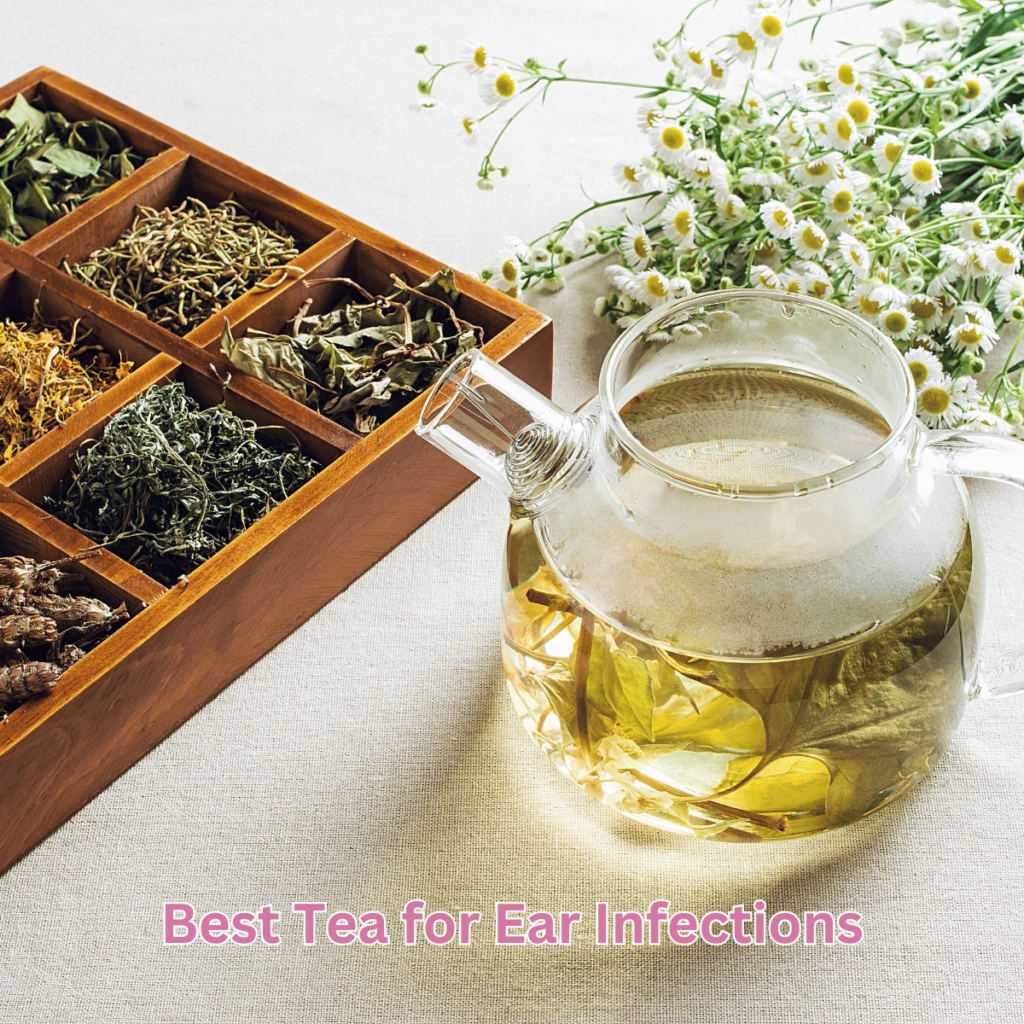
Best Teas for Ear Infections
Ginger Tea
Benefits: Ginger tea is renowned for its potent anti-inflammatory properties, making it an excellent choice for reducing inflammation and pain associated with ear infections. Additionally, ginger boosts the immune system, helping your body fight off infections more effectively. Maintaining a proper body temperature can also aid in the healing process, and ginger tea can contribute to this balance as a natural remedy.
How to Use: To prepare ginger tea, you can brew fresh ginger root or use ginger tea bags. For the best results, drink 2-3 cups daily.
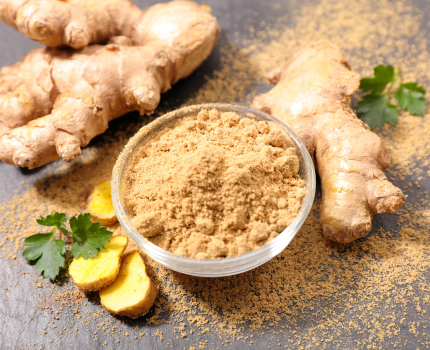
Garlic Tea
Benefits: Garlic tea stands out for its strong antimicrobial properties, which are highly effective against bacterial infections. This makes it a powerful ally in treating ear infections, particularly those caused by bacteria. By reducing bacterial presence, garlic tea can alleviate ear pain and contribute to faster healing. It’s one of the most effective home remedies for combating bacterial ear infections.
How to Use: Simmer crushed garlic cloves in water to make garlic tea. Drink it warm, 1-2 times daily, to harness its antibacterial properties.
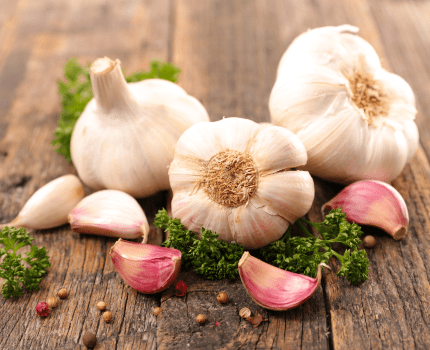
Chamomile Tea
Benefits: Chamomile tea offers both anti-inflammatory and calming properties, which can help alleviate pain and discomfort caused by ear infections. Its soothing effects can also promote better sleep and relaxation, aiding overall recovery. As a trusted home remedy, chamomile tea has been used for generations to treat various ailments, including ear infections.
How to Use: Brew dried chamomile flowers or use chamomile tea bags. For optimal results, drink 2-3 cups daily.
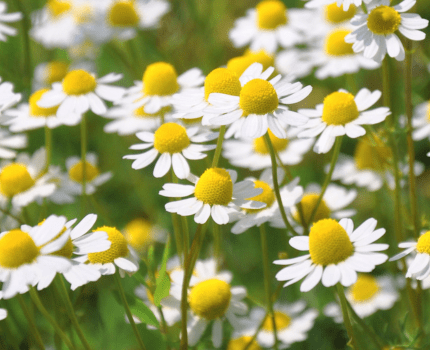
Echinacea Tea
Benefits: Echinacea tea is well-known for its ability to boost the immune system. Its antimicrobial properties also make it effective in fighting off infections. By strengthening your body’s natural defenses, echinacea tea can help prevent and treat ear infections. This natural remedy is particularly beneficial during the cold and flu season when the risk of ear infections is higher.
How to Use: Brew dried echinacea root or use echinacea tea bags. Consuming 1-2 cups daily can significantly enhance your immune system’s response to infections.
Mullein Tea
Benefits: Mullein tea is excellent for soothing inflamed tissues and possesses antimicrobial properties that can help fight infections. It’s particularly useful for alleviating symptoms of ear infections, such as pain and swelling. Mullein tea is a natural remedy that can address both the symptoms and the underlying infection, providing comprehensive relief.
How to Use: Brew dried mullein leaves or use mullein tea bags. Drinking 1-2 cups daily can help manage ear infection symptoms effectively.
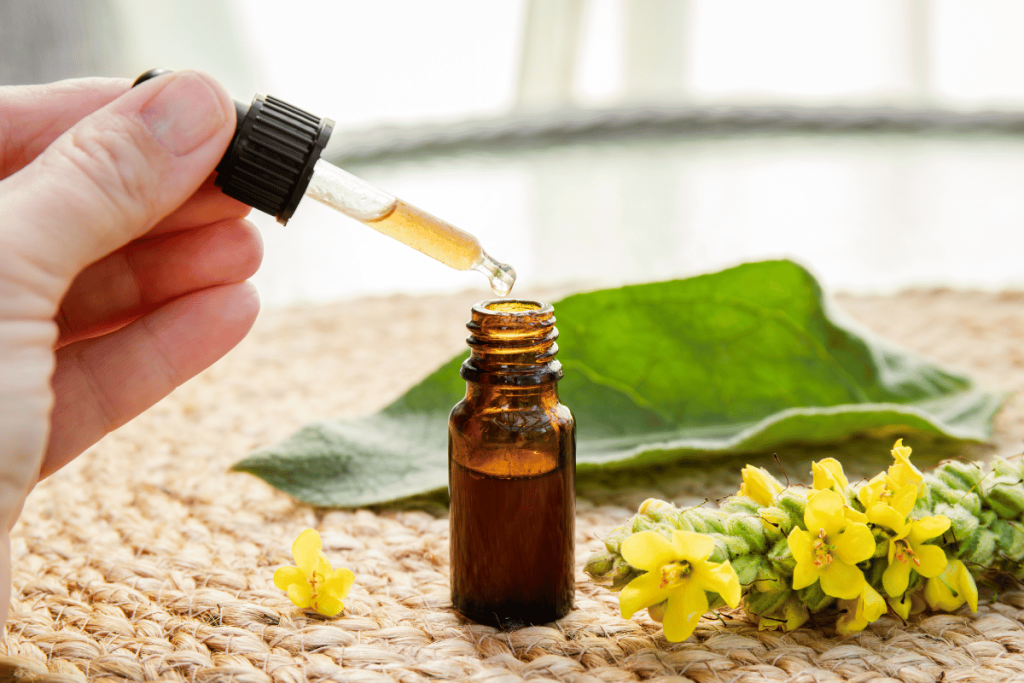
Peppermint Tea
Benefits: Peppermint tea is valued for its anti-inflammatory properties, which can relieve pain and congestion associated with ear infections. Its refreshing flavor and soothing effects make it a pleasant and effective remedy. The use of peppermint tea can be complemented by other natural treatments, such as tea tree oil, to enhance its benefits.
How to Use: Brew fresh peppermint leaves or use peppermint tea bags. Drinking 2-3 cups daily can provide significant relief.
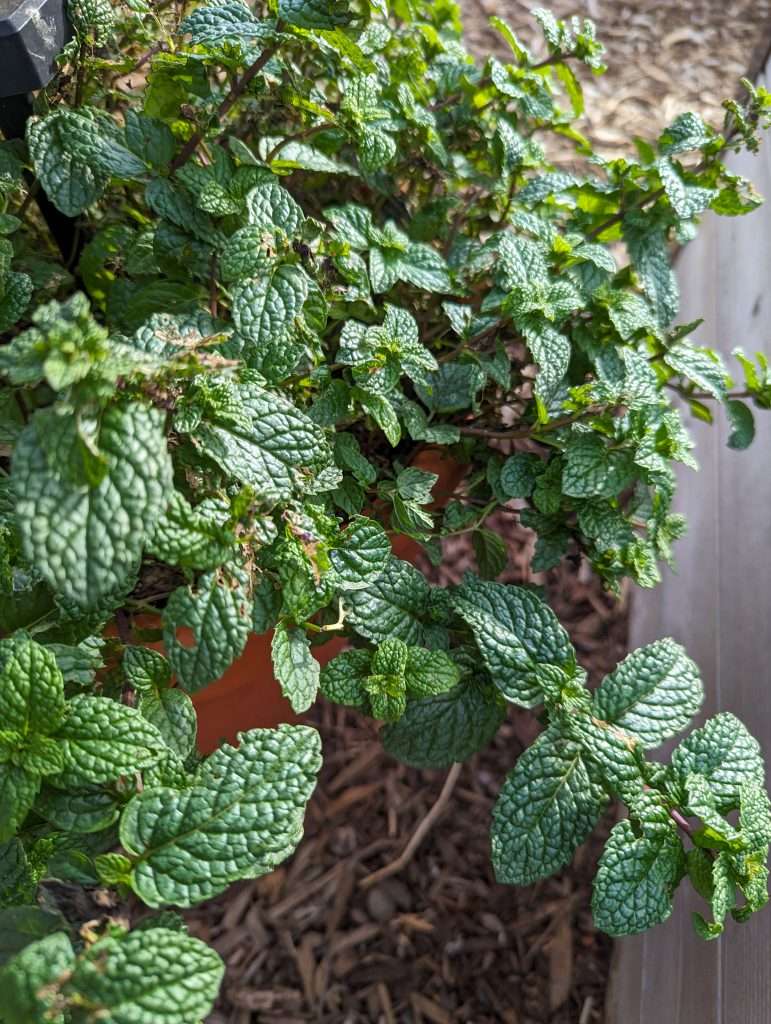
Turmeric Tea
Benefits: Turmeric tea offers both anti-inflammatory and antimicrobial effects, making it a powerful option for treating ear infections. Its active ingredient, curcumin, has been studied in various clinical trials for its health benefits, including reducing inflammation and fighting infections. This makes turmeric tea an excellent choice for addressing middle ear infections and other related issues.
How to Use: Mix turmeric powder in hot water and add a pinch of black pepper to enhance absorption. Drinking 1-2 cups daily can help manage inflammation and fight infection.
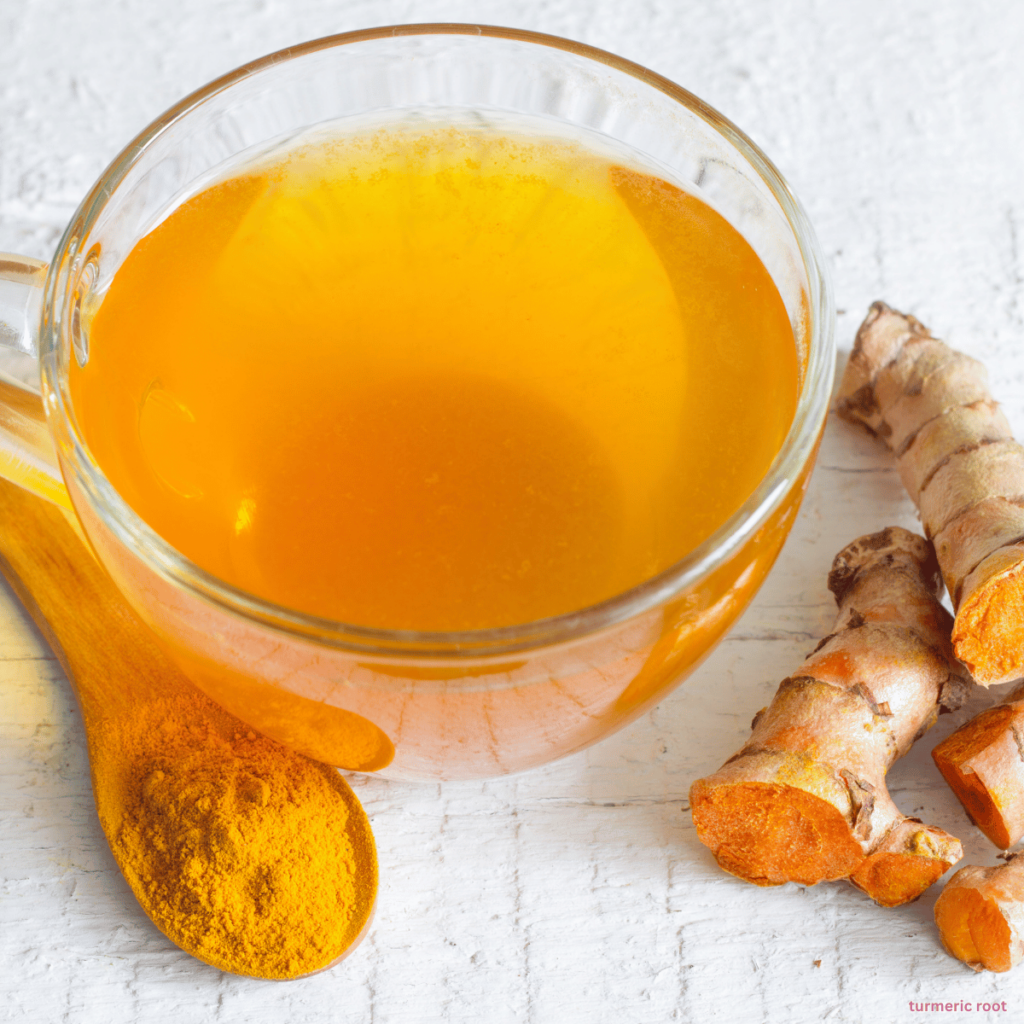
Precautions and When to Seek Medical Help
Importance of Consulting with a Healthcare Provider
While natural remedies, including herbal teas and essential oils, can effectively treat ear infections, it is crucial to consult with a healthcare provider or healthcare professional to ensure proper diagnosis and treatment. A healthcare professional can accurately determine the cause of the ear infection and recommend appropriate treatments. They can also guide the safe use of natural remedies in conjunction with conventional treatments.
When to Use OTC Pain Relievers or Seek Antibiotics
In some cases, over-the-counter (OTC) pain relievers, such as ibuprofen or acetaminophen, may be necessary to manage severe pain associated with ear infections. These medications can help reduce inflammation and alleviate discomfort while other treatments take effect. Additionally, if an ear infection is caused by bacteria and does not improve with natural remedies, a healthcare provider might prescribe antibiotics. Antibiotics can effectively treat bacterial infections and prevent complications, especially in severe cases.
Recognizing When an Ear Infection Requires Medical Attention
It is important to recognize when an ear infection requires immediate medical attention. Severe pain that does not improve with home remedies or OTC pain relievers is a key indicator that professional medical help is needed. Other signs that necessitate seeing a healthcare provider include febrile convulsions (seizures caused by high fever), recurrent ear infections, loss of balance, and allergic reactions. These symptoms may indicate a more serious condition that requires prompt and effective medical intervention.
Furthermore, if there are issues with hearing aids or a noticeable decline in hearing, it is essential to seek medical advice. A healthcare professional can assess the situation and determine if the hearing aid needs adjustment or if the infection has affected hearing function.
Sourcing
At Vine & Branch Shop, we’re excited to offer a curated selection of herbal teas specifically chosen for their soothing and healing properties. Whether you’re looking to address ear infections or simply enjoy a comforting brew, our in-store collection features high-quality teas that are perfect for enhancing your wellness routine. Visit us today to explore our range and find the perfect tea to support your health and well-being.
If you’re not local you can always check out my online shop for many tea and other herbal options.
I also highly recommend you look at our resource page for more options.
Summary
Ear infections can be painful and disruptive, but I’ve found that understanding how to treat them effectively at home with natural remedies can provide significant relief. In this blog post, I’ve explored the best teas for ear infections, including ginger, garlic, chamomile, echinacea, mullein, peppermint, and turmeric teas. Each of these teas offers unique benefits, from anti-inflammatory and antimicrobial properties to immune-boosting effects, making them powerful allies in the fight against ear infections.
I’ve also emphasized the importance of combining these herbal teas with other natural remedies, such as tea tree oil and garlic mullein oil, to enhance their effectiveness. Additionally, it’s crucial to keep children warm and indoors during recovery to prevent further complications.
However, it’s essential to recognize when to seek medical help. Consulting with a healthcare provider or healthcare professional ensures proper diagnosis and treatment, especially in severe cases that may require OTC pain relievers or antibiotics.
For more detailed information on using tea tree oil for ear infections, be sure to check out my other blog post, “Tea Tree Oil for Ear Infections: A Natural Remedy Guide.” By taking a comprehensive approach and utilizing the best of both natural and conventional treatments, you can effectively manage ear infections and support overall ear health.
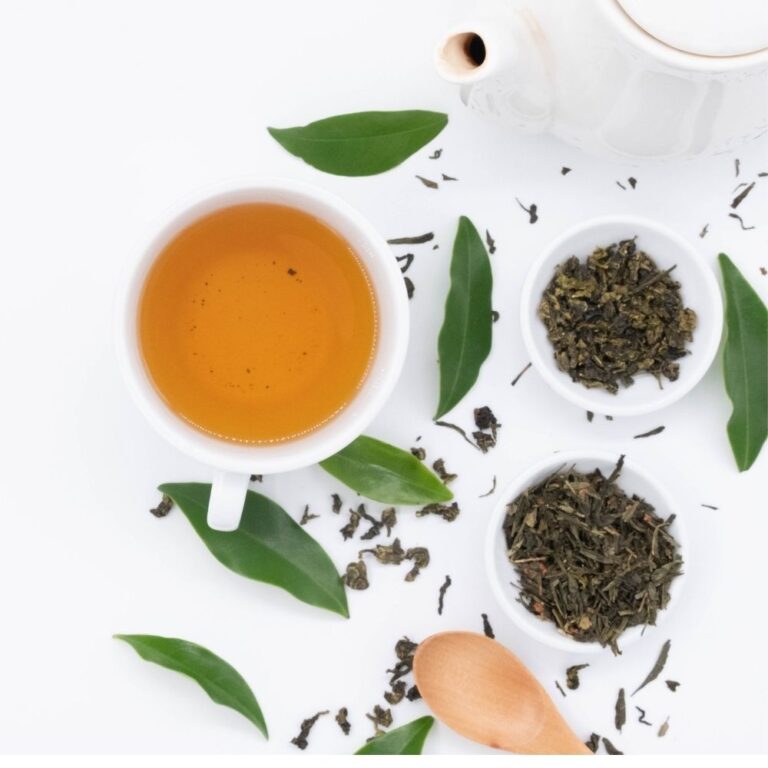
Green Tea Vs Herbal Tea: The Best Complete Tea Guide
Sharing is caring! Facebook Pinterest X Green Tea Vs Herbal Tea: The Best Complete Tea Guide Understanding the Differences Green tea vs herbal tea is a popular debate among tea lovers worldwide. Both offer unique flavors, health benefits, and caffeine content. Tea has a rich history and is enjoyed in many cultures. From Chinese green…
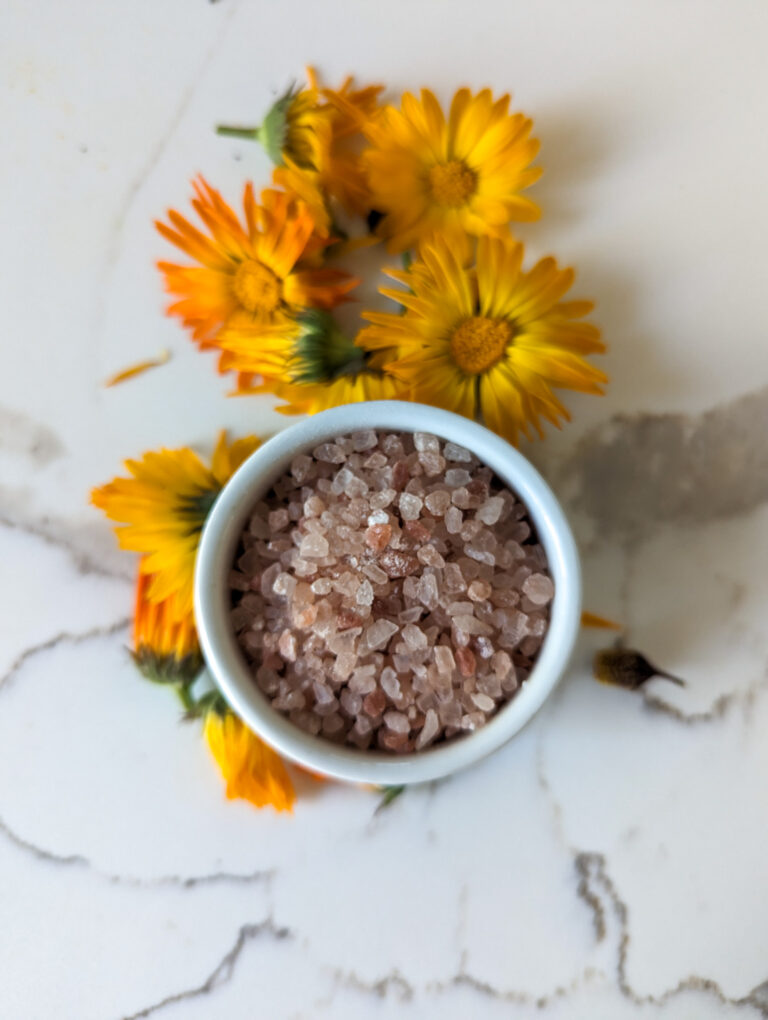
How to Make Bath Salts Without Epsom Salt: Free Recipe
How to Make Bath Salts Without Epsom Salt: Free Recipe How to Make Bath Salts Without Epsom Salt Homemade bath salts without Epsom salt are a great way to enjoy a luxurious soak. You can use natural ingredients like coarse sea salt, baking soda, and pink Himalayan salt for a soothing experience. A relaxing bath…
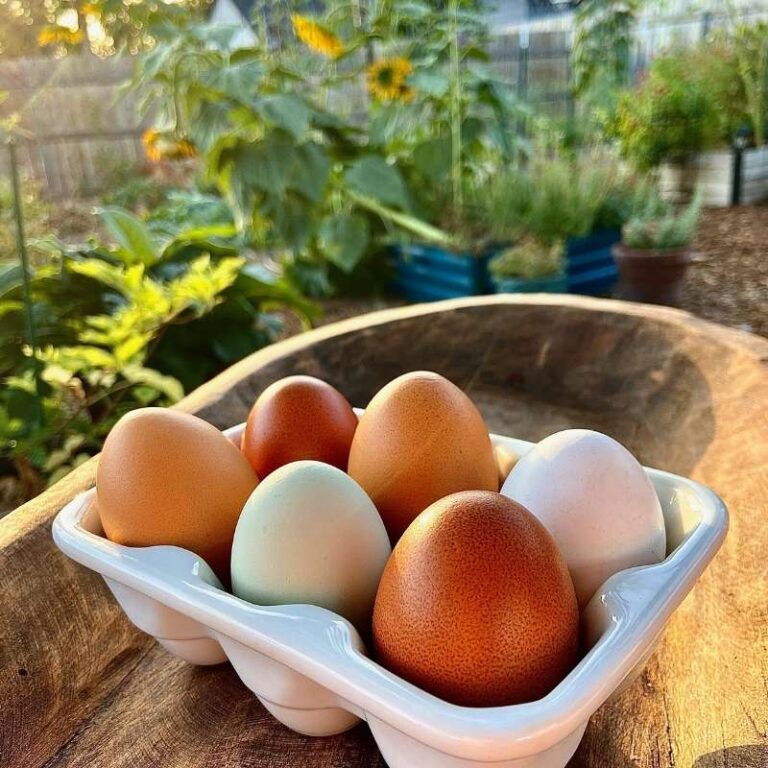
Homesteading in California: How to Start at Any Stage
Homesteading in California: How to Start at Any Stage How Homesteading in California is Possible Homesteading in California is a journey that looks different for everyone, depending on where you live in this vast and diverse state. From the deserts dotted with Joshua trees in the south, to the rugged mountain ranges in the north,…
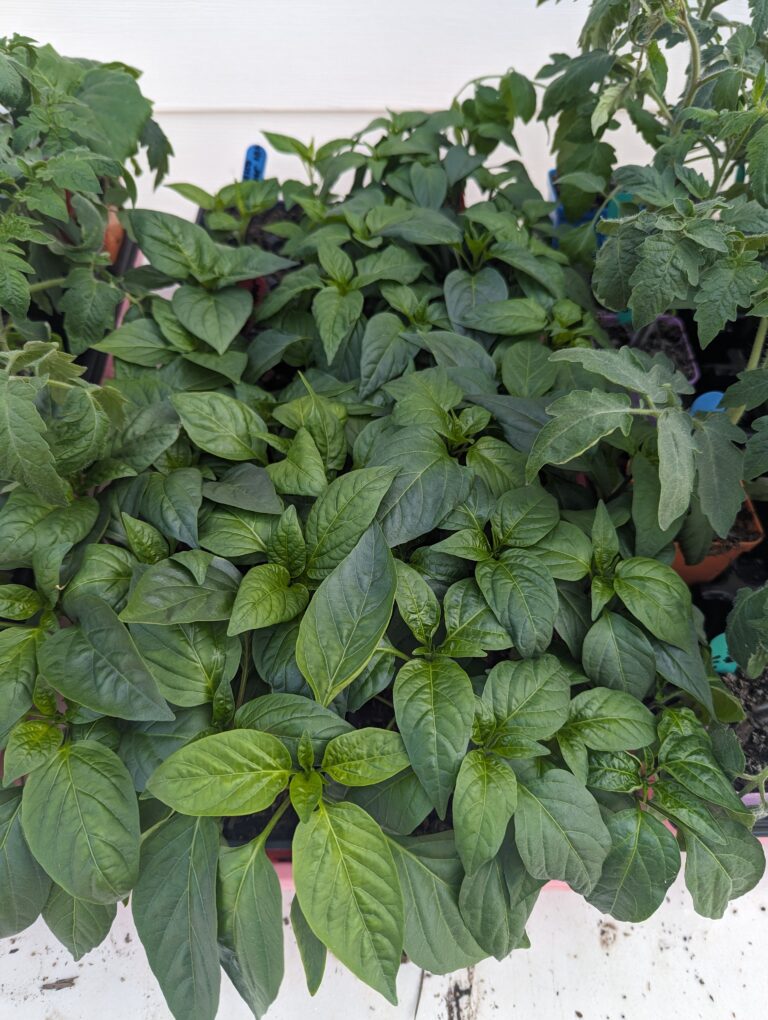
How to Make Peppers Grow Faster: Guide and Easy Tips
How to Make Peppers Grow Faster: Guide and Easy Tips How to make peppers grow faster is a common question among home gardeners seeking to maximize their growing season. Whether you’re nurturing sweet peppers, green peppers, or hot pepper plants, creating ideal conditions is essential for pepper success. The best way to achieve healthy pepper plants…

The Different Types of Cloth Diapers: Ultimate Guide
The Different Types of Cloth Diapers: Ultimate Guide The different types of cloth diapers offer a sustainable and eco-friendly alternative to disposable diapers for your baby. As a mom of five and a Registered Nurse, I’ve seen the many benefits of reusable cloth diapers firsthand. This guide will help you understand the major types of…

The Best Doula Bag Essentials Kit for Birth and Postpartum
The Best Doula Bag Essentials Kit for Birth and Postpartum The Best Doula Bag Essentials Kit for Birth and Postpartum A well-stocked doula bag is essential for supporting women during birth and postpartum. As a Registered Nurse, mother of five, and former Navy Hospital Corpsman, I’ve experienced the birthing world from many angles. I’ve worked…

